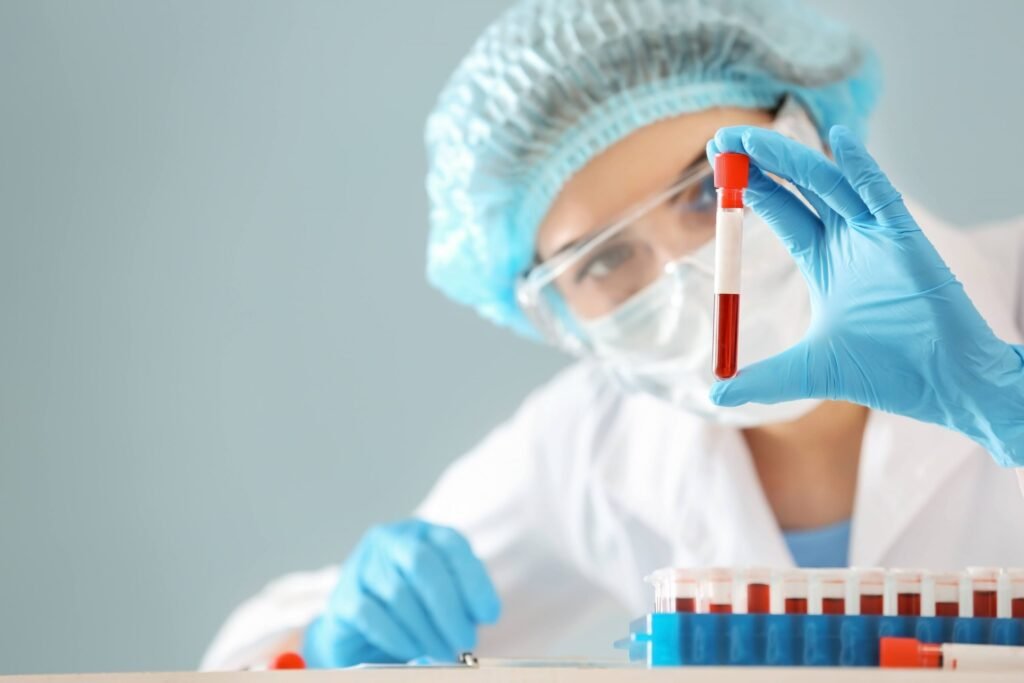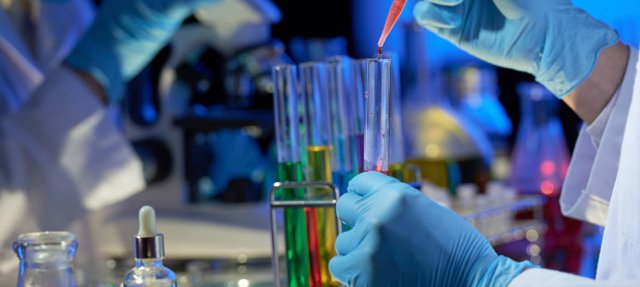BSc Medical Lab Technology
Home > Para Medical courses > BSc Medical Lab Technology
BSc Medical Lab Technology
A Bachelor of Science (BSc) in Medical Laboratory Technology (MLT) is an undergraduate degree program focused on preparing students for careers as medical laboratory technologists or clinical laboratory scientists. Medical laboratory technologists play a critical role in the healthcare system by performing laboratory tests on patient samples to assist in the diagnosis, treatment, and prevention of diseases. The curriculum typically includes courses in clinical chemistry, hematology, microbiology, immunology, clinical immunohematology (blood banking), molecular diagnostics, laboratory management, and quality assurance. Students also learn about laboratory safety, ethics, and regulations.Students receive practical training in laboratory techniques and procedures through laboratory-based courses and clinical practicum experiences. These experiences allow students to develop proficiency in performing a wide range of laboratory tests and using specialized laboratory equipment.


Average Salary
The average salary for professionals in Medical Laboratory Technology (MLT) in India can vary based on several factors such as experience, location, employer, and level of education. In India, the average annual salary for Medical Laboratory Technologists or Clinical Laboratory Scientists typically ranges from approximately ₹2,00,000 to ₹5,00,000 or more per year.
Why We Choose BSc Medical Lab Technology Course?
Medical laboratory technologists play a vital role in the healthcare system by performing a wide range of laboratory tests on patient samples. These tests help physicians diagnose diseases, monitor treatment effectiveness, and ensure patient safety. By providing accurate and reliable laboratory results, medical laboratory technologists directly contribute to patient care and improve health outcomes. The demand for skilled medical laboratory technologists is expected to remain strong due to the increasing prevalence of chronic diseases, advancements in medical technology, and the growing need for diagnostic testing. As a result, individuals entering the field can enjoy job stability and long-term career prospects.
